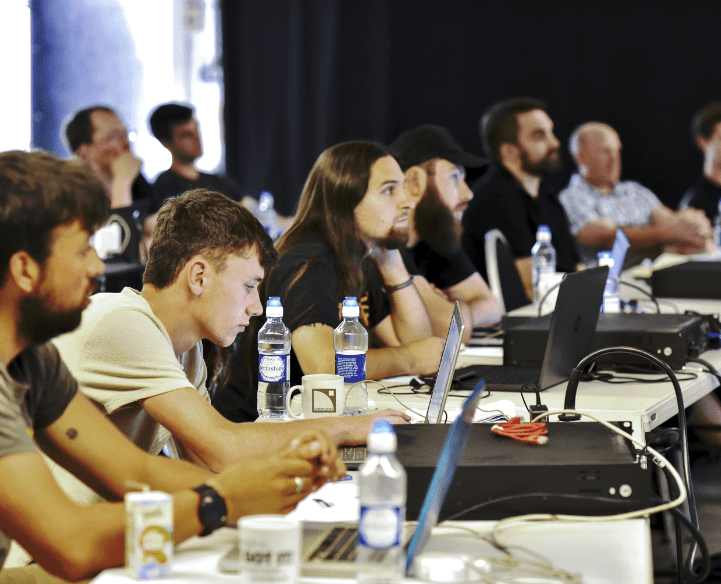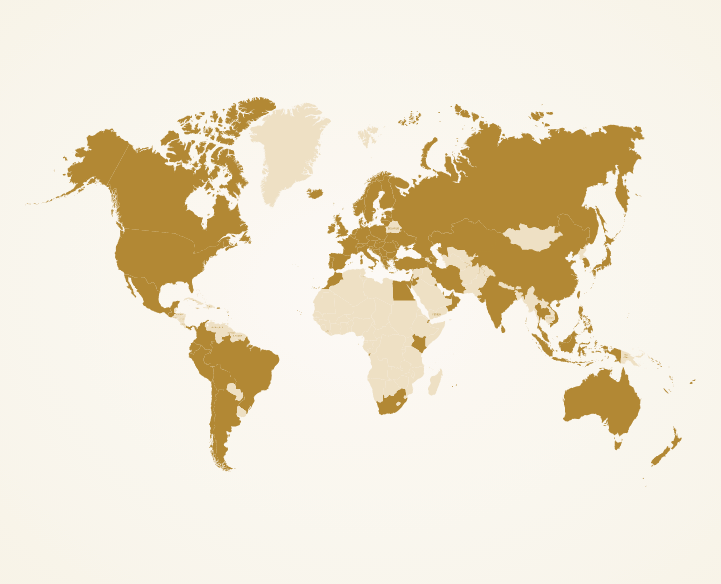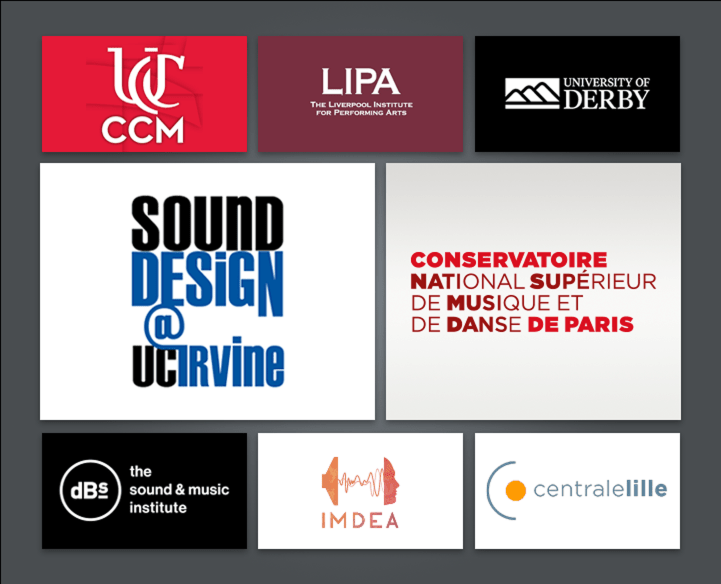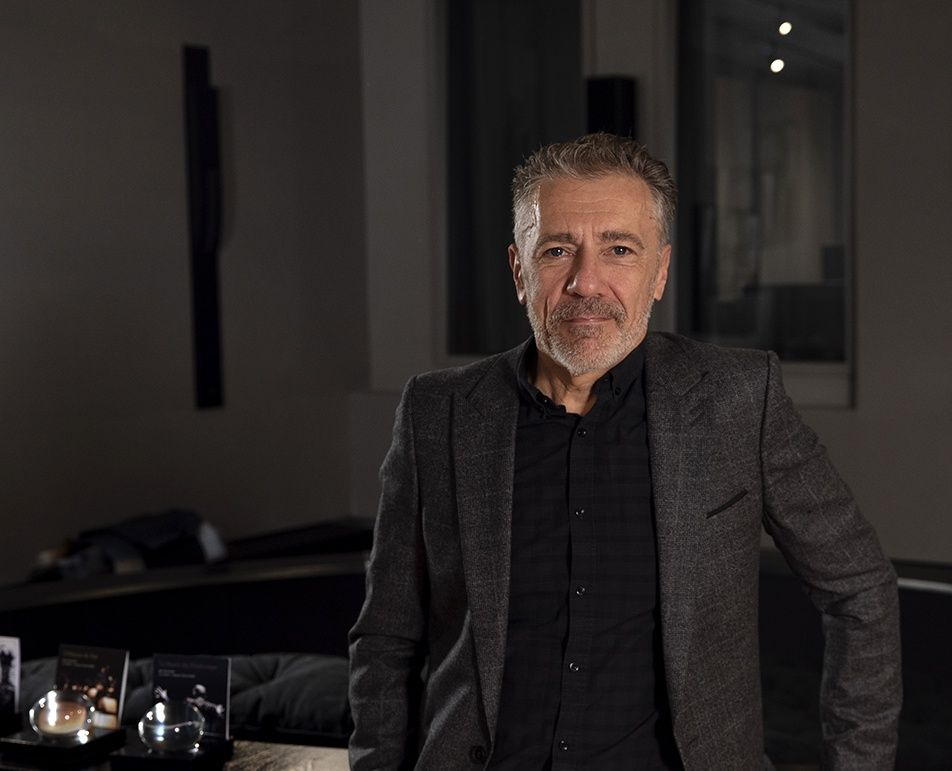Vision
The L‑Acoustics education program, recognized throughout the industry, is an asset for audio professionals and their employers.
Education through blended learning
Instructor-Led Sessions
The core of the L-Acoustics educational approach is through on-site or online classroom sessions by expert trainers.

Digital Learning
The L-Acoustics Education Platform is an enriching learning experience with digital activities and exclusive documents throughout every session. This dynamic learning approach helps industry professionals gather and retain valuable information.
Learning Profiles
By following one of the suggested product paths, professionals are trained on the L‑Acoustics products relevant to their pro audio industry role. Learners can also take advanced courses on product-agnostic topics, to acquire additional expertise and optimize their use of L‑Acoustics tools.
Education in Numbers
11,000
certificates delivered per year
1,256
sessions delivered per year
>80
countries
Training Centers
L-Acoustics courses are delivered worldwide by a network of 80+ certified trainers regularly updated by the L-Acoustics Education team.
In-person courses are organized in the local language on request or at the L-Acoustics headquarters in Paris-Saclay (France) and Westlake (USA) - and through a global network of 24 Authorized Training Centers.


Academic Partnership
L-Acoustics partners with UC Irvine (Master of Sound Design) and Conservatoire de Musique et de Danse de Paris (Formation Supérieure aux Métiers du Son), to provide students the complete L-Acoustics educational ecosystem that's available at our Westlake (USA), and Paris-Saclay (France) training centers.
We also partner with other academic institutions to deliver elements of our educational programs for acoustical and sound engineering students at undergraduate and graduate levels.
AES Educational Foundation Scholarships
In conjunction with the Audio Engineering Society (AES), L-Acoustics offers the Dr. Christian Heil Future of Sound scholarship for cross-disciplinary thinking members and students who question conventions and call upon bodies of scientific knowledge outside of the realm of audio. Applicants must have completed an undergraduate degree program at a recognized college or university, have committed to audio engineering (or a related field) as a career choice, and have been accepted for graduate studies leading to a higher degree.
